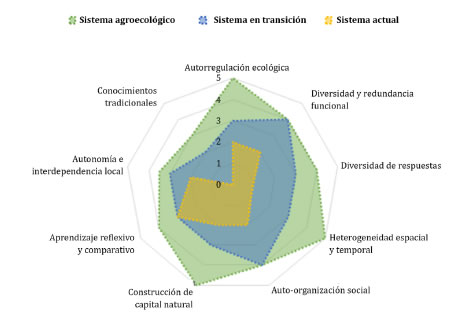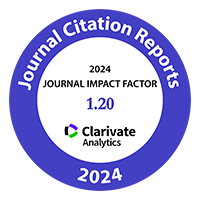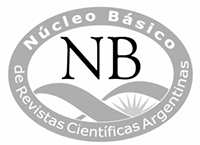Agroecological transitions: multiple scales, levels and challenges
Keywords:
Innovation, Socio-ecological systems, State and transition model, Socio-technical regime, Agroecological management; IndicatorsAbstract
Sustainable food production through the principles of agroecology implies several simultaneous transitions at different scales, levels and dimensions, of a social, biological, economic, cultural, institutional, political nature. To describe these transitions the use of different conceptual frameworks, derived from ecology, agronomy and the science of innovation, are proposed. The article addresses the agroecological transition as a succession of emerging innovations and analyses the stages of the technical-institutional transition and its drivers. It is also proposed to conceptualize the transition as a restoration of the functions and resilience of the socio-ecosystem. Finally, we explore with a couple of examples what the transition implies in terms of changes in agricultural management practices. The agroecological transition can involve the optimization of management practices to increase productive efficiency, an inputs substitution, or the redesign of the system. The examples analyzed show that the transition does not always start from highly industrialized and/ or degraded systems. Many producers who do not consider themselves agroecological implement however many agroecological-based practices. It is concluded that the transit to agroecology implies a technical-productive transition at the subsystems of the farm, a socio-ecological transition at the level of the rural family, its community and its landscape, and a political-institutional transition to level of territories, regions and countries. Understanding the transition as an interdependence between scales and dimensions, allows to reconcile the looks of the different ´schools´ of agroecology, from the most ecological to the most socio-political.
Downloads

Published
How to Cite
Issue
Section
License
Aquellos autores/as que tengan publicaciones con esta revista, aceptan las Políticas Editoriales.











.jpg)




